Road trip through the Kurdistan Region
Reports 06:31 PM - 2021-12-02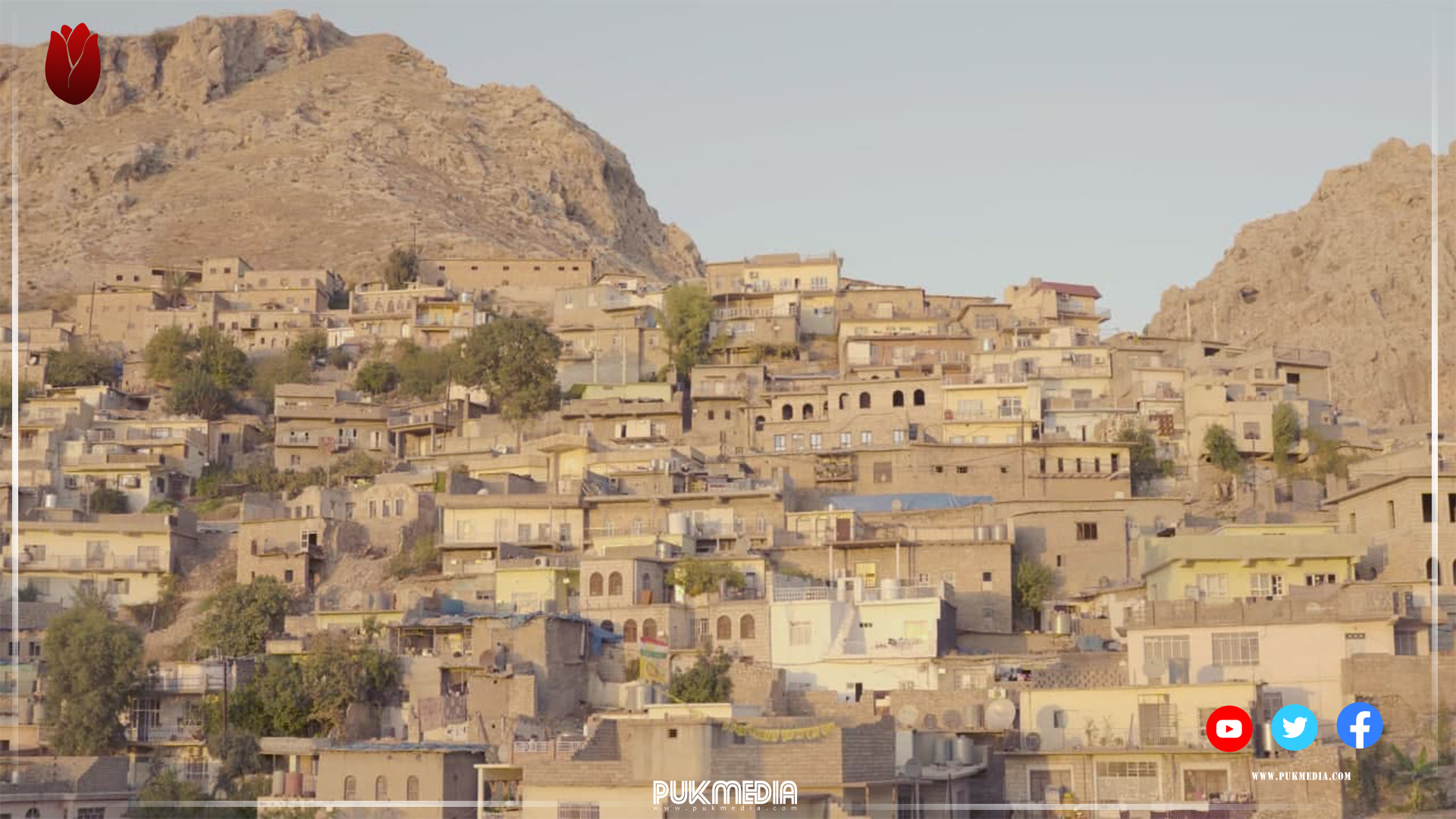
As a foreigner traveling by car through the Kurdistan Region, from the South in Slemani up North to the town Amedi. According to many international media, there are bombings at Erbil’s airport, at the Turkish border and you cross many IDP’s (Internally displaced people) and refugees. There is not a lot of positive reporting that can be found about the Kurdistan Region in Iraq. But is it really that dangerous? We visited 4 towns: Shaqlawa, Akre, Alqosh, and Amedi to see if these different religions and ethnics such as Suffi, Sunni and Shia Muslims, Christians, Yezidis, and Zoroastrians are able to live together.
The Kurdistan Region is an autonomous area assigned to the Kurds in the year 1991, with their first constitution in 2005. The Kurds survived Saddam Hussein’s horror Regime and the invasion of Daesh (ISIS) in 2014 and they are still resisting against oppression and actual attacks.
In Slemani, the cultural capital of the Kurdistan Region you can see many different people coexisting: Women in burkas and young men wearing traditional Kurdish clothes but also women without anything on their head and showing even their skin. Slemani is our starting point and 3 hours later we arrive in Shaqlawa, A town of 25,000 inhabitants around 50 km from the Kurdish capital Erbil, surrounded by Safeen and Sork mountain.
In Shaqlawa two official religions are living together: Assyrian Christians and Muslims. The Assyrians are an ethnic minority group whose origins lie in the Assyrian Empire, a major power in the ancient Middle East.
The next morning we are visiting one of the two churches, a Christian Kurd told us about, the night we arrived. Ziwar is originally from Shaqlawa and tells us that the Muslims live on one side of the town and the Christians on the other side but he made clear that it is a peaceful town. “No problems between Christians and Muslims," he affirmed.
In the church we only find a few women praying. By the time we want to leave one of the women comes after us and invites us for breakfast at her house. All the Christians we have met until now were open and hospital to us. They all claim that there are no differences between Christians and Muslims in town and their traditions are all the same. But they still separate the town into two parts.
Later in the day, we continue our route to Akre in the Duhok province for only 70 km. Through mountainous landscapes and rock formations, we also pass by several waterfalls that are nearby the road. Akre is a city with around 200,000 inhabitants, where the presence of Islam is more noticeable. It is only a few kilometers away from Mosul, therefore we are having problems finding a hotel. In the end, there is only one that is still open and welcoming guests. Since Daesh was raging in Iraq, the villages are being careful who they are letting stay overnight.
80 km from Akre lays Alqosh, the village of the Christians, where no Muslim has the right to buy land. Now we are only a stone throw from Mosul. Daesh literally knocked on Alqosh’s door in 2014 but didn’t take over according to the people of Alqosh. Even though many Christians left their home and left behind a ghost town. We meet a few people in the deserted streets, which look like a forgotten movie set. As we try to talk to the few people, we see, their first question is: Are you Christians?
Around 3km from Alqosh, built on a mountain slope during the 7th century we find the Rabban Hormizd Monastery of the Chaldean Catholic church which has almost the same color as the rocks around it.
Our last stop is Amedi, a beautiful town sitting on a plateau at the top of a mountain, near the border to Turkey. This little town of 5,000 inhabitants is 3000 years old. During our time in Amedi nothing bad happened, we didn’t see or hear any bombs in the mountains but they strongly recommended to us: to not do any hikes and stay in the town's center. We meet two English students, who have been living and studying in Amedi for 3 years. They had to leave, together with their families, their village near Duhok, because of the constant bombing. They say: ”There is no future in the village.”
As we enter a tea house to warm up we talk to a man who has been living in Austria for over ten years and came back home for his retirement. During the conversation, it is clear that they have some security problems here in Amedi but that he can’t talk about it in public and in front of the camera. After the interview, there are also security forces coming in asking the owner about our identities.
After those few days on the road, visiting some villages and towns, we have never felt insecure or in danger. It was even the opposite, People were inviting and nice to us, but they were also careful. Due to the history of the people from the Kurdistan Region are distrusting each other and others. They have experienced and still experiencing oppression and extreme horror. The Kurds are trying to move on with their lives but the wounds are deep and need a longer period of time filled with peace to heal.
Reported by Julia Zimmermann
PUKmedia
More news
-
Media & Awareness Bureau Receives Russian CG
08:28 PM - 2024-04-18 -
PUK President: We Support Yazidis in Protecting their Rights
04:51 PM - 2024-04-17 -
DPM Talabani: Elections Must Be Held Promptly Without Further Delay
05:53 PM - 2024-04-16 -
PUK & UNAMI Emphasise Holding Timely Elections
05:28 PM - 2024-04-16
see more
Leadership Council Publishes Official Statement on Thursday’s Meeting
07:48 PM - 2024-04-18
IHEC Determines Kurdistan Parliamentary Election Campaign Date
01:37 PM - 2024-04-18
PUK President: Elections Would Develop Our Experience
05:06 PM - 2024-04-17
The 8th Sulaymaniyah Forum Takes Place Today
10:33 AM - 2024-04-17
Most read
-
IHEC Determines Kurdistan Parliamentary Election Campaign Date
Kurdistan 01:37 PM - 2024-04-18 -
Leadership Council Publishes Official Statement on Thursday’s Meeting
P.U.K 07:48 PM - 2024-04-18 -
PUK President: PUK is Ready for Elections
P.U.K 09:29 PM - 2024-04-18 -
Media & Awareness Bureau Receives Russian CG
P.U.K 08:28 PM - 2024-04-18

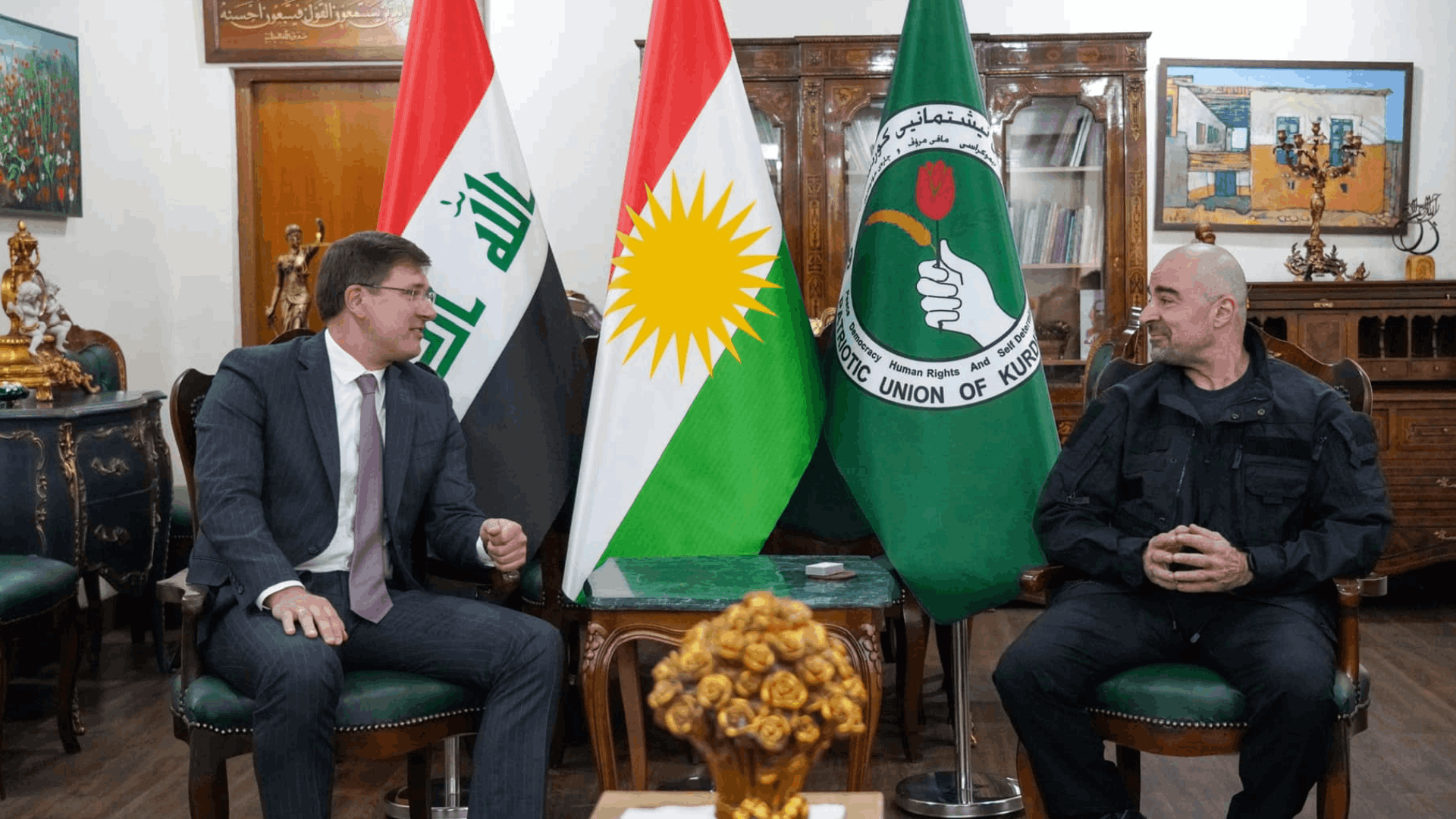
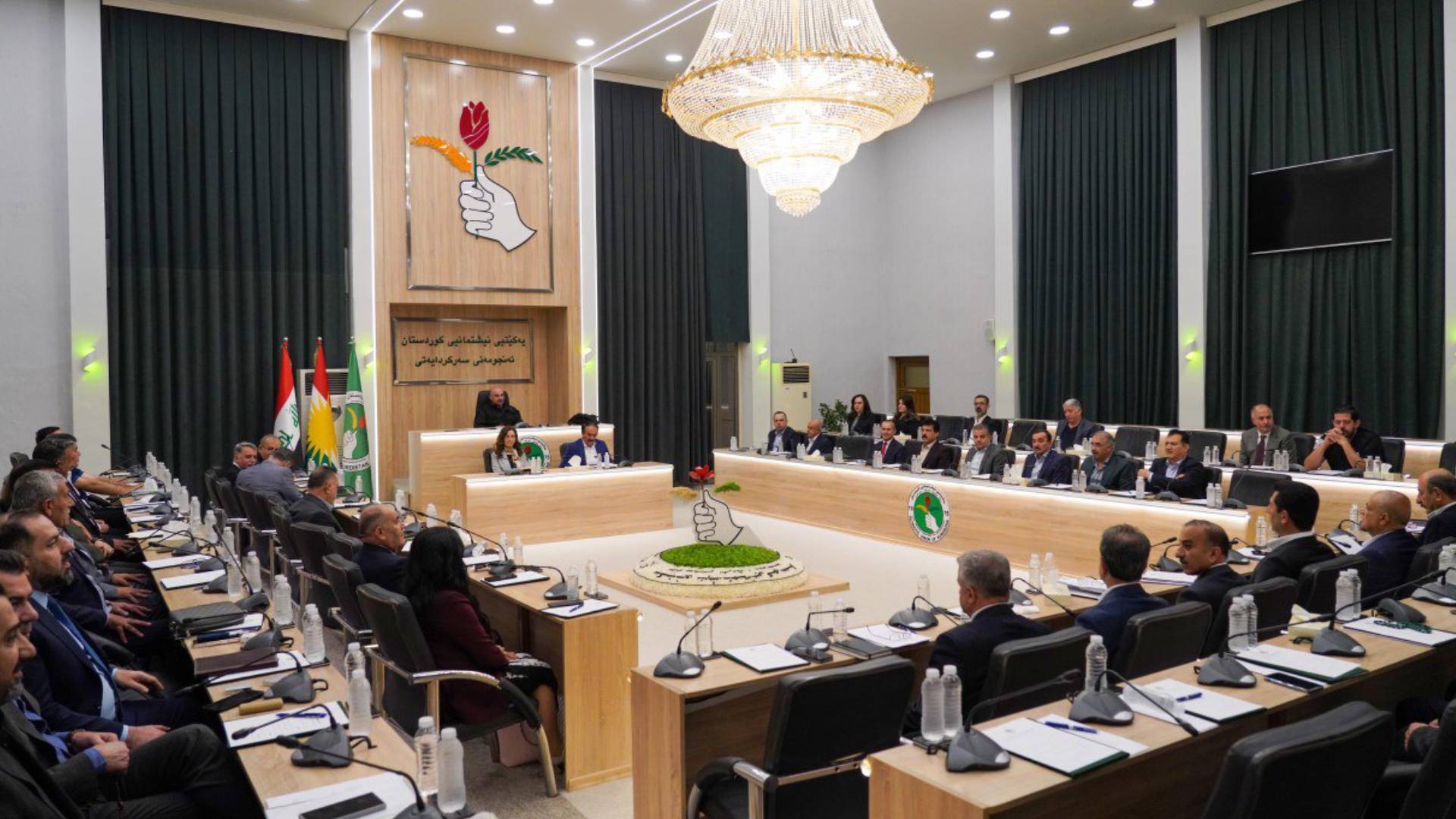
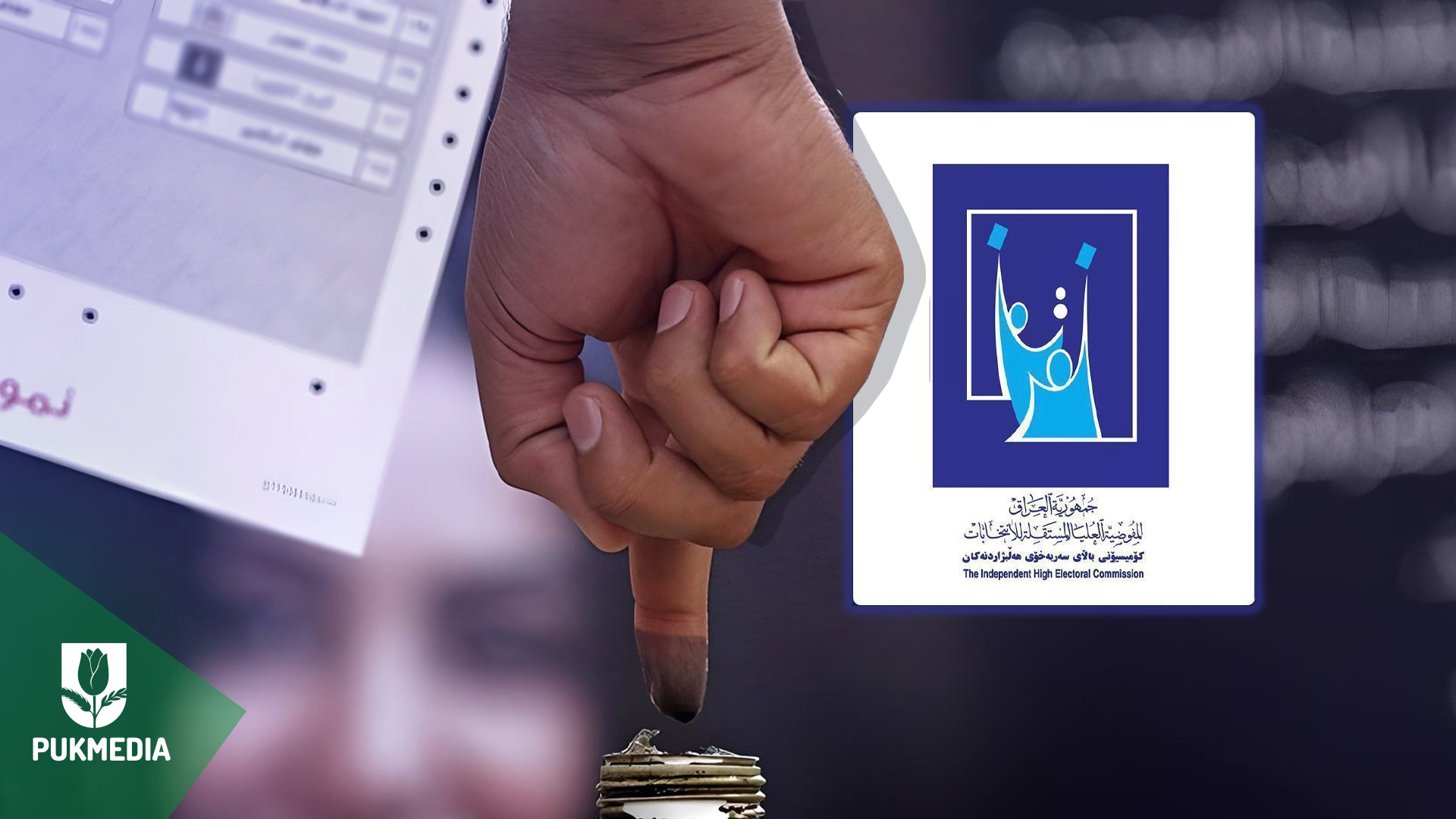
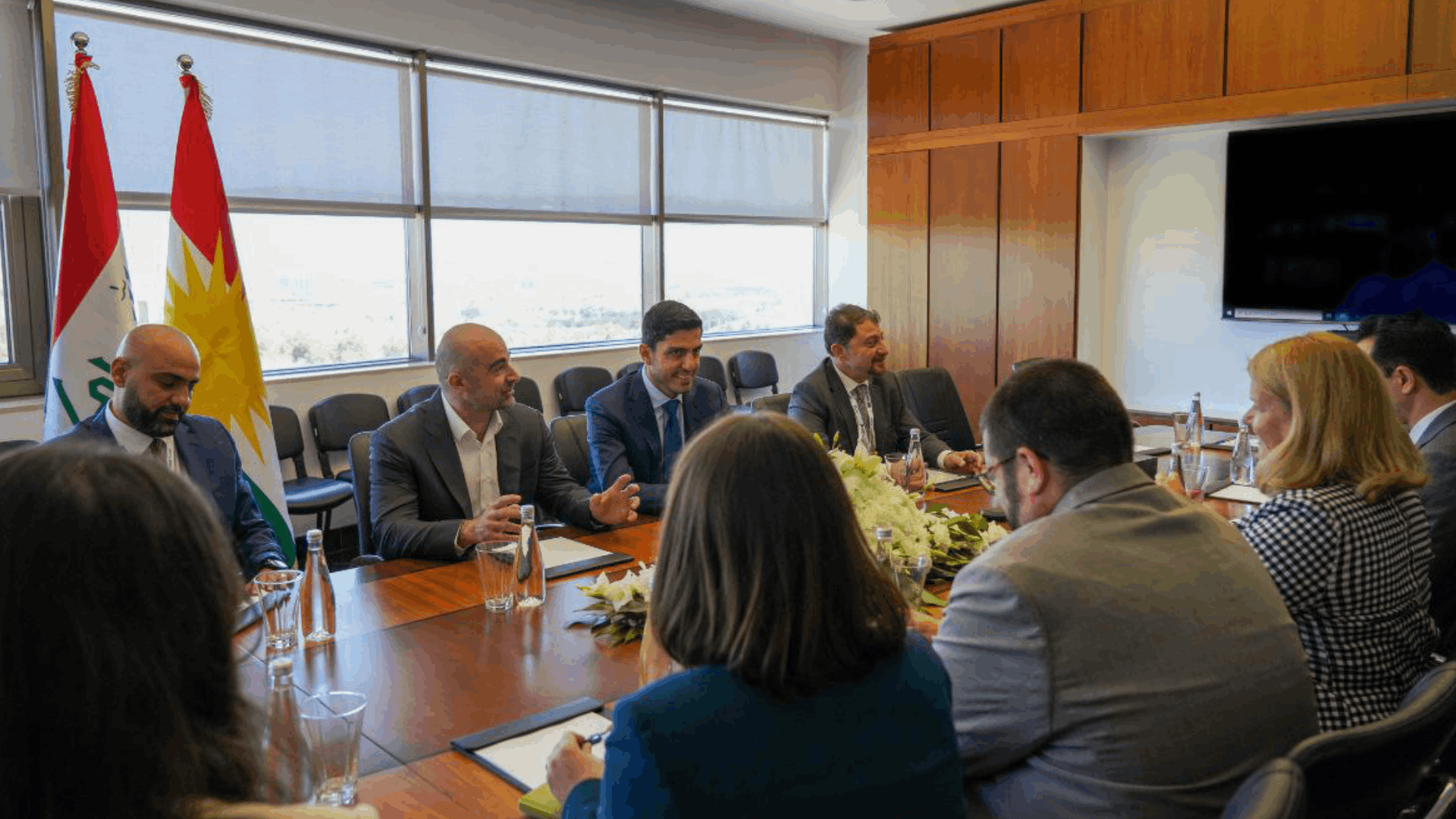
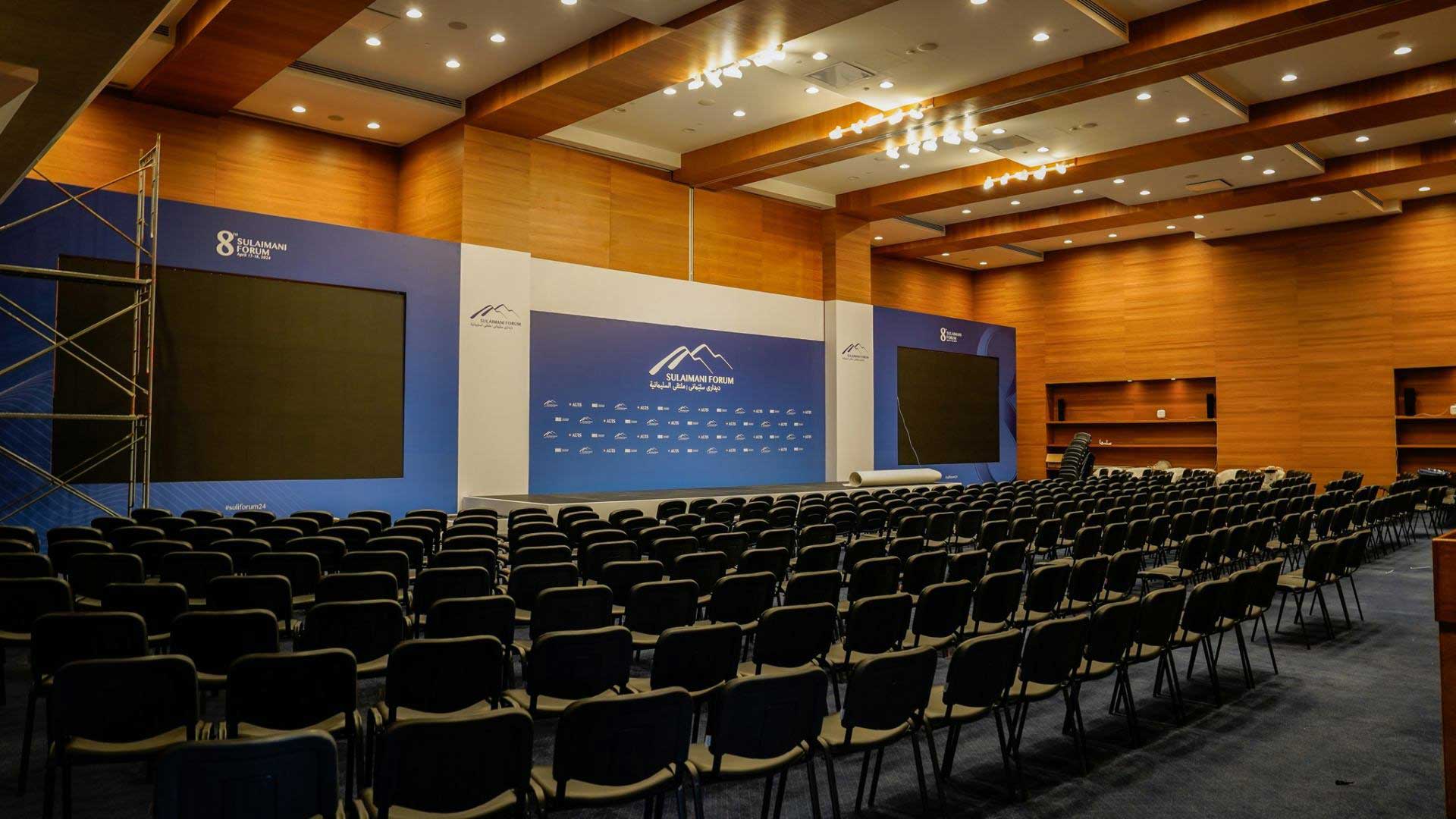
 Application
Application


